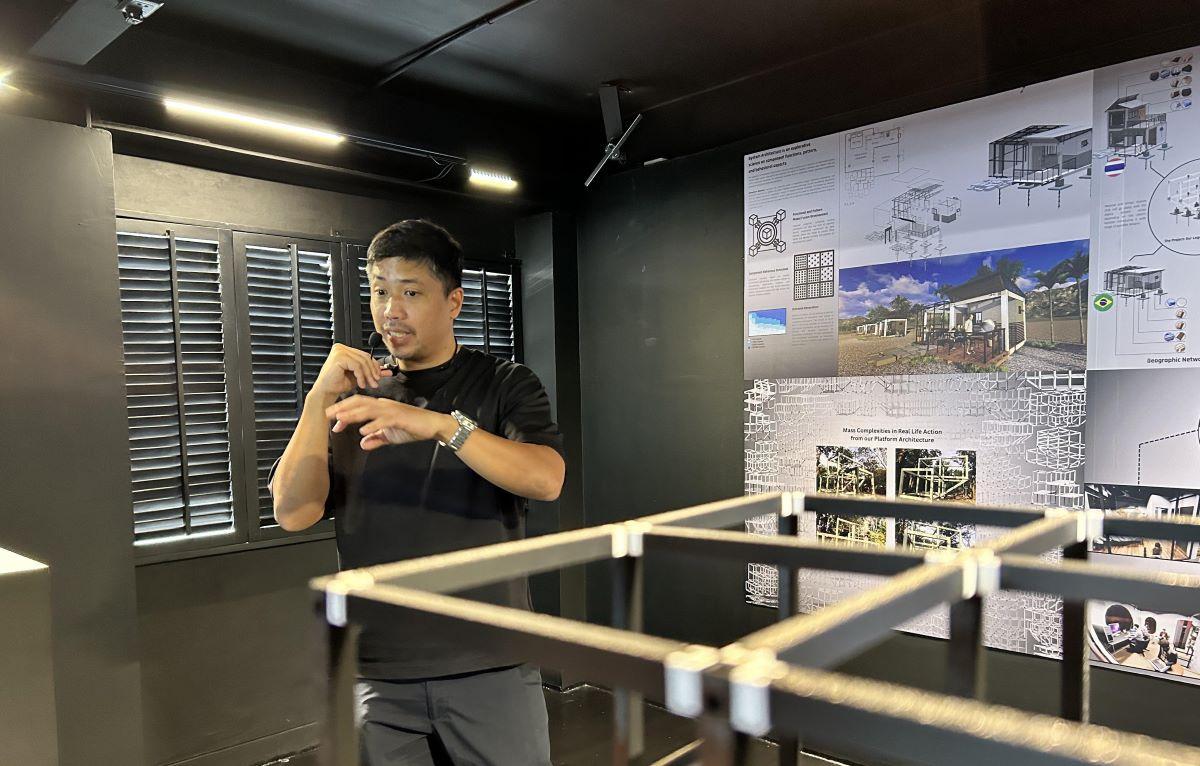SG's Homeqube aims to disrupt PH homebuilding with AI solutions

Homeqube, a Singapore-based tech startup, seeks to disrupt the Philippines’ homebuilding sector by bringing artificial intelligence and blockchain solutions to the country as an alternative to traditional homebuilding methods.
At a press event in Makati City on Tuesday, Homeqube founder and CEO Jose Paolo Calma announced the tech startup is bringing in $1 million, or about P58 million worth of investments, to the country as it aims to help address the housing backlog in the Philippines.
Calma said Homeqube is officially launching its operations next month and has set an ambitious goal of helping build a thousand houses within its first year of operations.
He said the company is also eyeing taking up at least “1% of the housing [homebuilding] market share.”
Homqube, in particular, will bring in its homebuilding technology solutions such as glass fiber reinforced polymer (GFRP)—an assemble-to-order product—which Calma said would save time and cost in building a house.
“The abundant use of steel and cement for homebuilding, which is too bulky and complex for transportation, leads to elevated land prices as demand shoots up with more people moving to urban areas,” Calma said.
The use of traditional building materials, he said, exposes homeowners to longer lead times, which would prolong construction, causing logistics and middleman fees to jack up.
GFRP reduces carbon emissions and lowers the environmental footprint of construction projects, according to Calma.
The material is also lightweight yet resilient, withstanding winds of up to 310 kilometers per hour and resisting rust, allowing for transport to remote islands.
Homeqube is also using blockchain and AI in its homebuilding business model through its Home Delivery Service online, available on the company’s website—a one-stop shop covering the permitting phase, acquisition of materials, installation, and delivery for homebuilding.
“Sustainable development has become a common talk among government and business leaders worldwide, and we are bringing that concept to the Philippine property sector with our homebuilding committed to regenerative living,” Calma said.
Calma said the company’s homebuilding solutions could cost a potential owner as little as P1 million, offering alternatives to traditional steel and cement construction.
“By choosing regenerative materials, we can create a more resilient and adaptable environment... we can build regenerative homes anywhere, and our homes can follow where we go,” he said. —VBL, GMA Integrated News




